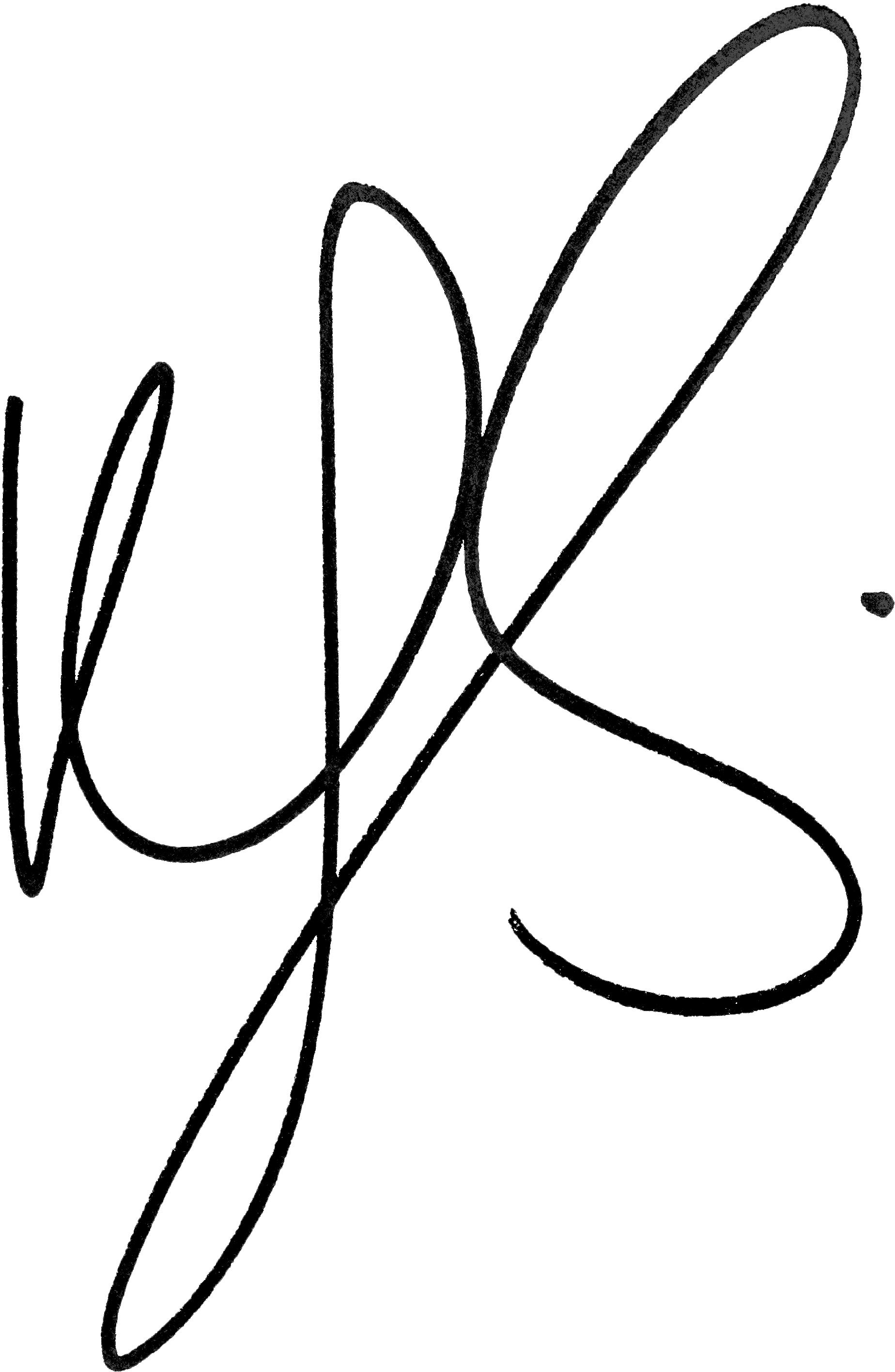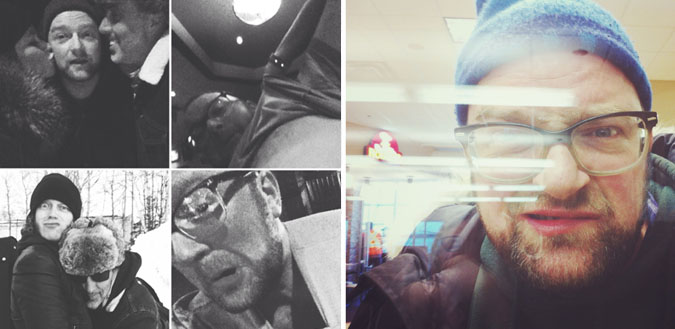By the big land
The kids at the back are chattering and giggling. One of them looks at me.
"What do you hear when we speak Inuk? Are we fast or slow?"
She has an expression on her face that feels like a test. I think for a moment.
"You sound the way it sounds when people speak a language you don't know. Fast. But I like listening to you."
"Do we sound Chinese or something." She says it with a period, not a question mark. In some classrooms, piled on top of the usual hesitance of the upper grades, there is pride and defiance. Different-ness. The truth that I arrive, and then leave.
She can't know how being here feels when you haven't been here before. And she has no idea how beautiful she is, how beautiful they all are. It sounds patronizing to say so, as though I view them as some kind of novelty. But for me, they are, in the most innocent form of the word, the Innu as much as the Inuit, and as much as all the others here who 'came for three months seventeen years ago and never left', which is, it would seem, everyone. They are new to me, as new as Labrador to me. This place stands up straight.
At the United Church sale in Goose Bay I buy hand-knit socks and women in bonnets make bowls of soup for sale: pea, partridge, moose. Fried bread dough with molasses is called toutons, fry bread, bannock, luskinigan, Innu doughnuts. The high school has a parking lot for snowmobiles. A party needs a squeeze box. The whole of the rest of the Atlantic—New Brunswick, Nova Scotia, Prince Edward Island, and Newfoundland—would fit into Labrador with room to spare. It takes four days to reach Makkovik by boat. Everything is different. So is she.
"You sound like you belong. The shape of your words, you know?"
She nods almost imperceptibly, and I begin.
+++
The Labrador Creative Arts Festival is almost in its fortieth year, the oldest of its kind in Canada. They bring in musicians, songwriters, poets, authors, and visual artists to teach, and to join in the audience for theatre written, directed, and performed by students from Goose Bay and from Labrador's coastal communities.
For a week, each visiting artist—there were seventeen of us, this year—gives 4-6 workshops each day from grades primary to twelve. Schools, long-term care homes, adult learning centres. Each night, we go to the theatre for two student plays and cameo performances by two of us. After that there are soirees—really loud kitchen parties with midnight chowder. Volunteers house us, cook for us, and drive us around. Tiny red planes bring us to clusters of people with no road access. Each night, after the theatre, we pair up and talk about the places we are to go the next day: Sheshatshiu. Makkovik. Hopedale. Natuashish.
We are often picked up as early as 6:30 AM, and most nights, we don't sleep until past 2 AM. Each night, after teaching, we spring back together, reunited, buzzing. Where were you? How did it go? Stephen gets fourth-graders yelling as Oberon from Midsummer Night's Dream. Krista plays a clarinet, and Scott plays the fiddle. Sylvia gets them making stories. With twenty kindergarteners, John writes a song about asking a grizzly bear for a kiss. Nicola has them making masks, and Jordan gets them filling boards with graffiti art. We are exhausted, all of us run hoarse. Nobody wants it to end.
+++
The floor is made of plywood and buckles as we squeeze on board. The aisle quickly disappears as the plane reaches capacity—maybe eight rows of three people shoulder-to-shoulder on little seats that pull down from the walls. The pilot yells something from the cockpit and we push off into a pink sky. I huddle into the furry bit of my hood and stare out the window at wildness. Some people try to talk, but the engine is too loud. Everything vibrates.
In Makkovik a little girl shout-whispers in my ear ARE YOU GOING TO STAY AND HEAR US DRUMMING and my eyes pop wide and we run down the hallway together, risking a missed flight.
Darrel, the festival's animateur, gives the kids feedback after each play. He is our spokesman. What moved us, why we laughed, why we loved it all. There is so much applause.
L'Aubergine, a circus troupe from Quebec... I can't describe what I saw, watching them. Their colours, costumes, voices, stunts. Their masterful foolishness. I can't believe I got a whole week with these people—all of them. We became so close, so moved. We loved the kids and each other. We were magnets. How do you pay the mortgage? Where do you perform? When can I see you? How do you do that?
Foolishness is as catching as fulfillment.
Every night there were spoons, a fiddle, a snare drum, guitars, more stunts in overstuffed living rooms, everyone piled and sprawled and feeling fat and thrilled and rich, looking at each other bleary-eyed and spinning, all of us teetering on the edge of sickness. Keep going.
Stephen stole my phone and filled it up with pictures of his nipples.
Something changed in Labrador. That's what it does to you. I was reset. I came home with my bag stuffed with paper, bits and pieces of anonymous words and poems and declarations left behind after classes. I kept every last crumpled page because it's not us who do the teaching. Not at all.












